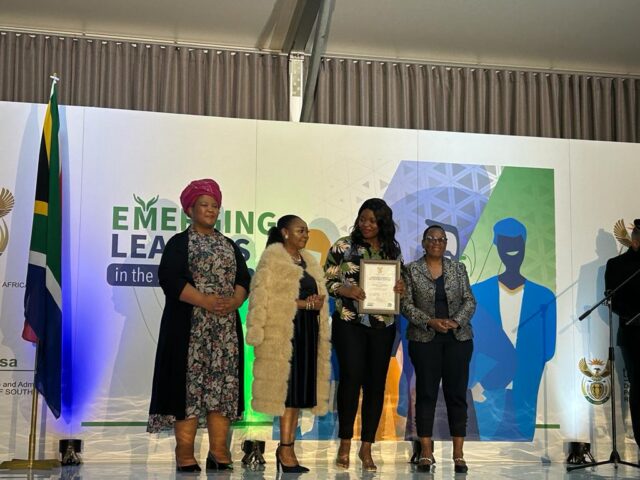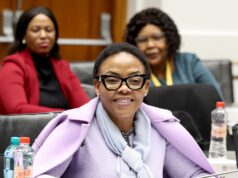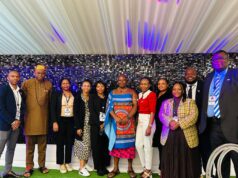On Friday, August 18, 2023, one hundred and twenty (120) Emerging Leaders in the Public Service (ELIPS) participants received certificates of completion at the graduation award ceremony in Boksburg, Gauteng. The awards ceremony marked the successful completion of their coaching and mentoring journey, under the guidance of ten professional coaches drawn from the Public Sector.
In April of this year, the Department of Public Service and Administration (DPSA) piloted the innovative ELIPS programme after identifying a gap in how young public servants are prepared for future leadership and management roles in the Public Service.
“The ELIPS pilot brought together young people already employed in the Public Service and interns who are 35 years of age and below. Given the different levels, we were not so sure how this group would gel at the time, but it worked out well,” said the DPSA Director-General, Ms Yoliswa Makhasi, an active sponsor of the ELIPS concept.
“ELIPS is about building the next layer of leadership for the Public Service. Its objective is to ensure that the current young public servants are ready and comfortable with leading when they eventually occupy leadership positions,” DG Makhasi explained.
In the public sector, there are many opportunities for the development of young employees. However, these are typically focused on the technical aspects of professional development. Although crucial, it has been observed that existing development programmes tend to offer more of what young officials already possess through formal qualifications, such as degrees and certificates, even when all they need is a warm hand to guide them through their career paths.
“The ELIPS programme aims to address this gap by providing personalised coaching and mentoring, allowing young public servants to develop their technical abilities and leadership and management capabilities. Through this innovative approach, participants can receive guidance and support from experienced coaches who understand the challenges and intricacies of the Public Sector, ultimately preparing them for successful careers in leadership positions,” said DG Makhasi during the awards ceremony.
In the build-up to the launch of the ELIPS pilot programme and the awards ceremony, the young public servants and interns participated in coaching and mentoring sessions delivered in five blocks. The two-hour-long virtual sessions, designed to accommodate ten people per coach, progressively covered the following areas:
- Leading Self
- Leading Change
- Leadership Effectiveness
- Leading Teams
- Leading Performance
During the awards ceremony, some ELIPS awardees provided testimonies of their journey and how the immersive coaching and mentoring experience impacted their lives and outlook on the world of work, with one directly attributing her successfully securing a higher position to the programme. Notably, a common thread that ran through most of the testimonies emphasised the “personal touch”, which seemed to affirm the ELIPS programme’s emphasis on “soft skills” as much as traditional competencies.
“I remember the coach saying that we are responsible for paving our own way regardless of what happens around us and that the most important thing is how we respond,” said Modjadjie Maphunye, echoing the general sentiment among the awardees.
Beyond providing knowledge and tools that will guide the awardees in pursuing their career aspirations, it is also hoped that the first cohort of ELIPS participants will gradually merge into a network of a cadre of leaders and a community of practice within the Public Service that will facilitate an exchange of knowledge, expertise, and experiences in resolving the challenges they confront.
On the part of the ELIPS pilot, which ended with the awards ceremony, DG Makhasi said the positive stories from the coaching and mentoring initiative were encouraging. However, critical feedback from the young people, coaches, and project managers would help chart the way forward for the programme.
“It is good to share the good news and be positive, but I am also keen to hear about the things that we need to improve through the feedback processes that have been put in place,” said DG Makhasi.









